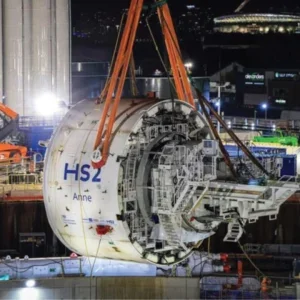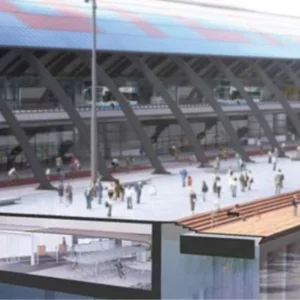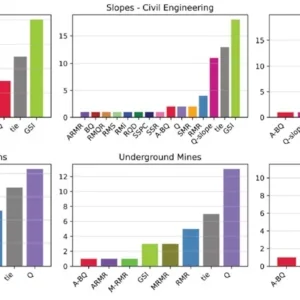Even last year, Transport for London Commissioner Peter Hendy advised the London Assembly officials that commuters should ‘have a pint’ before journeying home in the evening, just to avoid the busy periods. So that was the plan: have a drink and wait. That is fine, assuming no knock on delays.
The mooted London bus strikes seem to have been called off, which must be a relief for London Underground (LU) bosses, the metro network being the obvious substitute.
LU claims that each weekday, some three and a half to four million people ride on the Tube. Even the LU upgrade plan, rumoured to be valued at over GBP 15bn, and aiming to increase capacity of the Underground by 30 per cent could not come close to dealing with the Olympic crush. Even Crossrail, another GBP 15bn and another claimed 10 per cent capacity increase doesn’t add up to a system that can cope with the Olympics.
Speaking last April, an LU spokesman told the BBC that passenger numbers had increased 40 per cent in 15 years. So it will be some time before we see Olympic passenger numbers as a daily occurrence, but not forever.
The Olympics should be a wakeup call. These long-term upgrade projects are impressive in scope, terrifying in cost, but the numbers show they don’t go far enough.
London’s infrastructure is fragile. The T&T team made the ‘error’ of returning to London from WTC Bangkok during peak hours. The platform at Paddington Station was a dangerously crowded brawl to get onto the train, and with suitcases travel was impossible. This was in May.
The ancient and often inefficiently laid out infrastructure beneath old cities makes it difficult and costly to upgrade. At least compared to megacities in the developing world, which can learn from the mistakes of cities like London and plan underground space.
The British Prime Minister released a statement at the time of writing to say the games are a chance to show that "Britain can deliver". With deep tunnels the only solution to overcrowded surface and sub street London, it and other cities must show the investment, and let the tunnelling industry deliver.






